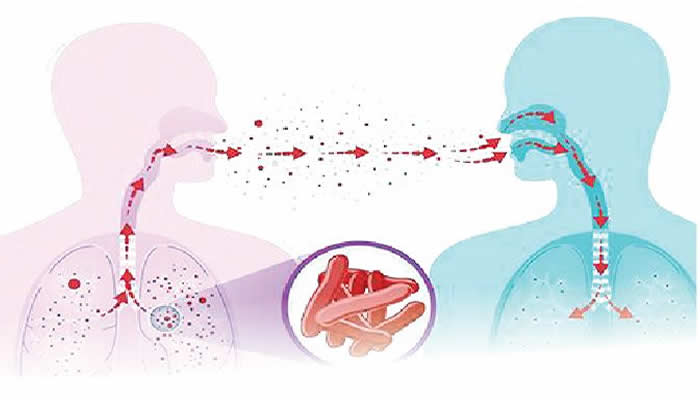Amid dwindling donor support and a growing disease burden, health stakeholders have called on the Federal Government of Nigeria to allocate at least ₦1 billion annually to bridge the funding gap in the country’s tuberculosis (TB) control programme.
This call was made during a three-day strategic retreat organised by the Global Fund Country Coordinating Mechanism (CCM) in collaboration with the National Assembly. The retreat aimed to strengthen health sector financing and ensure Nigeria fully owns its disease response mechanisms.
The retreat brought together key players, including lawmakers, federal and state officials, donor agencies, civil society organisations, and healthcare experts.
National TB programme grant manager, Dr Emperor Ubo Chioma, disclosed that Nigeria is facing a 70 percent funding gap in its tuberculosis response. This shortfall threatens free treatment, diagnostic services, and community-level care availability.
“The funding gap has affected critical areas like drug supply and diagnostics. With the declining support from international donors, the government must urgently step in. If donor funding continues to taper, we recommend that Nigeria should allocate at least ₦1 billion annually to sustain the TB programme,” he said.
Chioma explained that although ₦700 million annually might suffice under the current funding mix, ₦1 billion will be required should external support diminish further. He emphasised that the federal government must institutionalise domestic funding mechanisms while encouraging state governments to share the burden, especially since TB prevalence and response gaps are more pronounced at subnational levels.
The financial strain was further underscored by first vice-chair of the CCM, Ayo Ipinmoye, who spoke on behalf of Nigeria’s coordinating minister of health, Prof. Muhammad Ali Pate, noting that Nigeria had recently experienced a drop in Global Fund allocation, from $970 million to $860 million, marking an 11% cut and highlighting the urgent need for government intervention.
“We must ensure that the Nigerian government takes over the gaps left by withdrawing donors. Every naira must now work optimally. That is why we are pushing a Sector-Wide Approach (SWAp) to harmonise all health funding streams,” Ipinmoye said.
The executive secretary of the CCM, Ibrahim Tajudeen, also raised alarm over the country’s low investment in health. According to him, Nigeria’s allocation to health has consistently hovered between 4 percent and 4.8 percent of the national budget, far below the 15 percent benchmark agreed under the Abuja Declaration.
“Despite the significant disease burden in Nigeria, the resources allocated to healthcare remain inadequate. We must take deliberate steps to increase health sector financing at all levels,” he urged.











